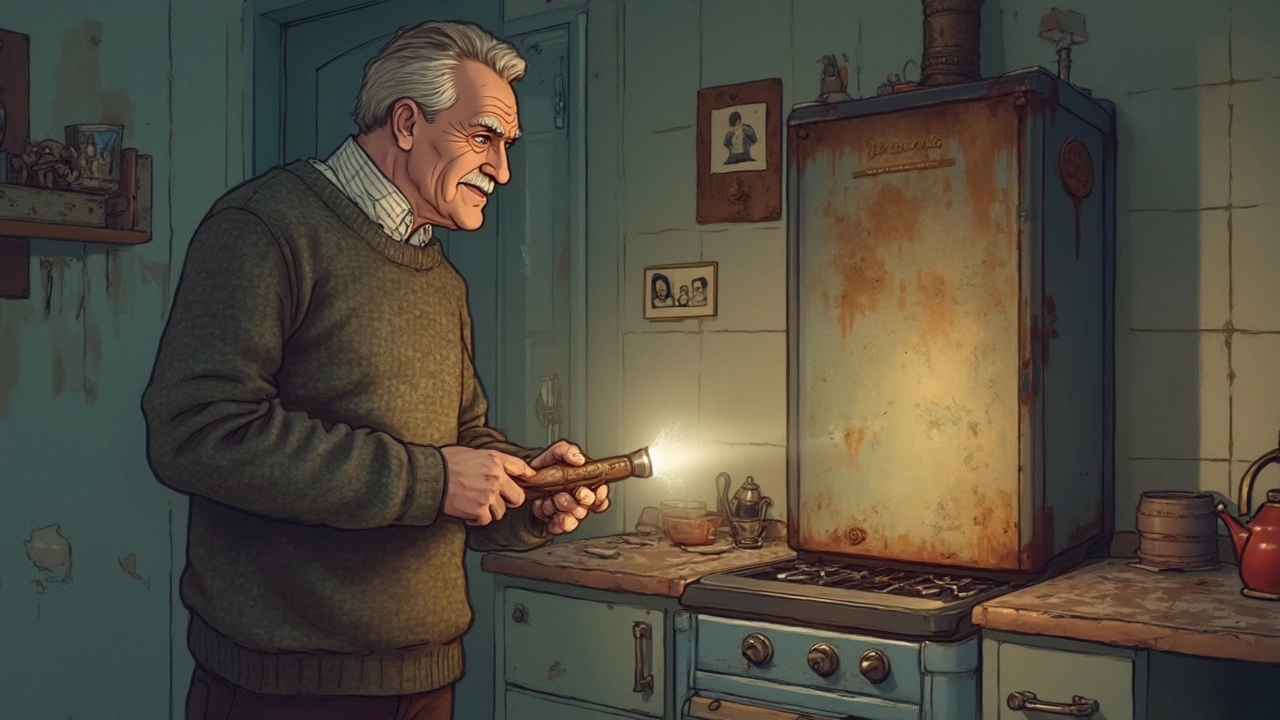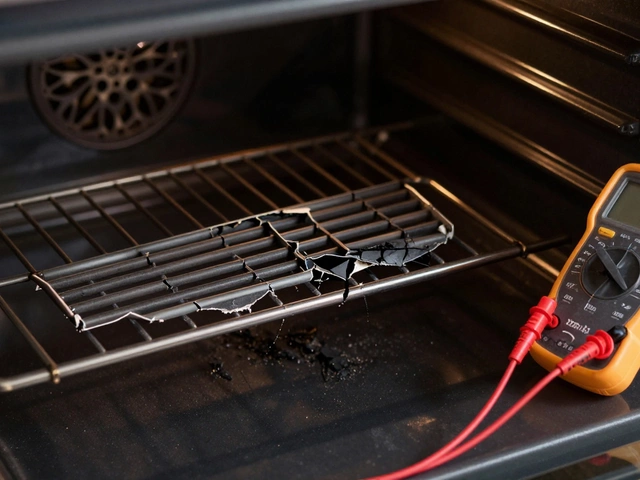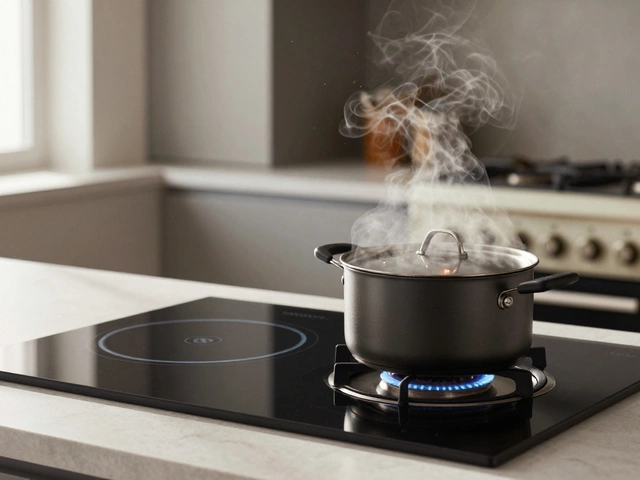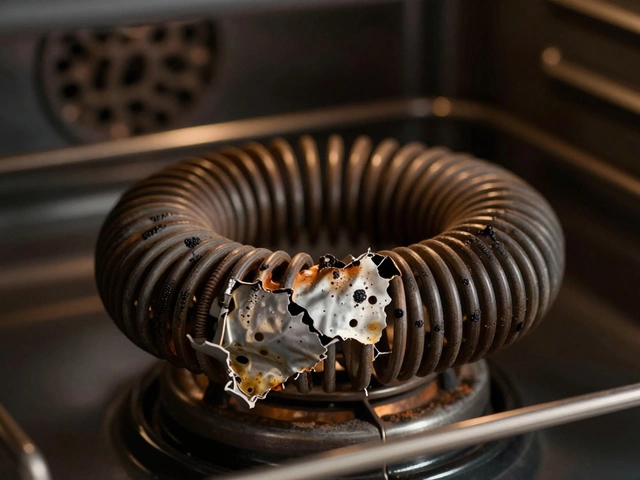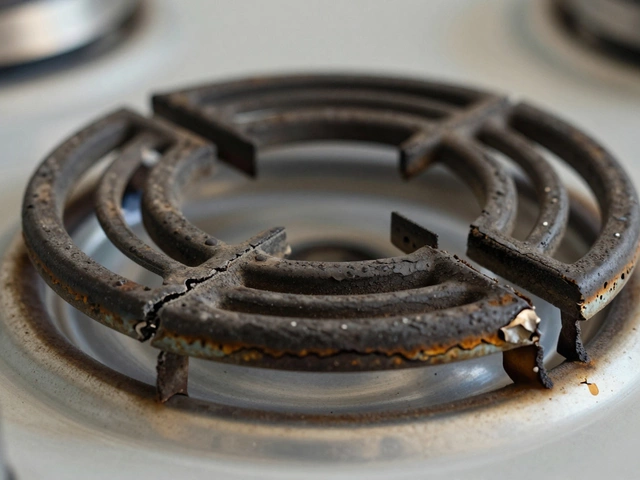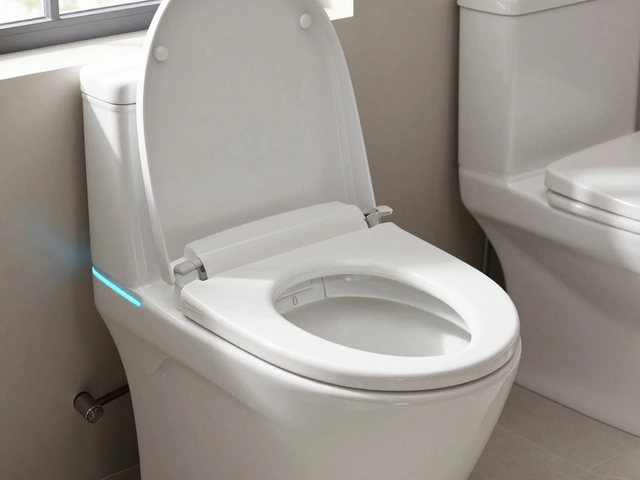40‑Year‑Old Boiler – Is It Time to Fix or Toss?
If your boiler has been chugging along for four decades, you’re probably asking yourself whether to keep patching it up or invest in a brand‑new unit. Older boilers can still work, but age brings wear, efficiency loss, and safety risks. Below we break down the tell‑tale signs, money matters, and quick steps to decide what’s best for your home.
When to Repair and When to Replace
First, look at how often the boiler breaks down. One‑off hiccups – like a noisy pump or a faulty thermostat – are usually cheap fixes. If you’re calling the engineer every few months, the repair bills add up fast and the system’s reliability drops.
Next, check the efficiency rating. A 40‑year‑old boiler is likely a 70‑80% efficient model, while modern condensing boilers hit 90‑95%. Higher efficiency means lower gas bills, so even a modest upgrade can pay for itself in a few years.
Safety is another red flag. Corrosion in the heat exchanger, cracked pressure vessels, or gas leaks are not things you want to gamble with. If an inspection reveals serious metal fatigue, replacement is the safe route.
How to Choose the Right Replacement
Start by measuring your home’s heating demand – square footage, insulation level, and number of radiators matter. A qualified heating engineer can run a heat loss calculation and recommend a boiler size that matches your needs without overspending.
Look for a model with a good warranty (often 10‑years on the heat exchanger) and a high Seasonal Efficiency Ratio (SER). Brands that offer service plans can also save you headaches later.
Don’t forget the installation cost. A reputable installer will handle permits, gas safety checks, and proper disposal of the old unit. Cheap installs often skip these steps and can void warranties.
Finally, read reviews from local homeowners. A boiler that’s popular in Hinckley often means a local dealer with parts on hand and quick response times – a big plus when something goes wrong.
In short, if your 40‑year‑old boiler is leaking, constantly tripping the safety valve, or pushing your energy bills sky‑high, it’s probably time for a swap. If it’s just a minor glitch and you’re happy with the current heating performance, a targeted repair can extend its life another few years.
Quick checklist:
- Frequency of breakdowns – more than twice a year? Consider replace.
- Efficiency – under 80%? New boiler saves money.
- Safety – any corrosion or gas leaks = replace.
- Repair cost vs. new unit – if repairs > 30% of new price, replace.
- Warranty and service support – choose a local, reputable installer.
Whatever you decide, get a certified heating engineer to inspect the system. Their advice will keep you warm, safe, and out of surprise bills.
22 May 2025
·
0 Comments
A forty-year-old boiler raises big questions about safety, efficiency, and repair costs. This article digs deep into the risks of keeping an old boiler running, signs that it may be unsafe, and why some folks push their luck with ancient heating systems. You'll get practical tips for spotting danger, caring for an old boiler, and figuring out when it's time to upgrade. Whether you're squeezing every penny or just worried about your family's safety, these insights make boiler decisions a lot easier.
Read more

